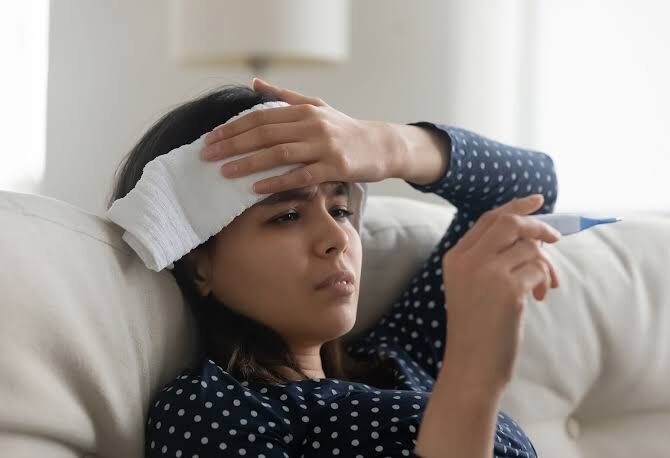Hyderabad: With the monsoon retreating and dry weather setting in, cases of seasonal fevers are rising across Hyderabad. Doctors at Kamineni Hospitals have cautioned citizens to remain alert against dengue, influenza, and chikungunya, which have been spreading rapidly this year.
Dr. M. Swami, Head of General Medicine and Senior Consultant Physician, along with Senior Consultant Physician Dr. Harikishan and Consultant General Physicians Dr. Srikrishna Raghavendra Boddu and Dr. Pradeep Kumar Patel, outlined the current health risks and shared preventive advice.
Dengue Presenting with New Symptoms
According to Dr. M. Swami, the pattern of dengue infections this year is showing changes compared to earlier seasons.
“With the changing weather, many types of fevers are on the rise, especially influenza, dengue, and chikungunya. This season, the symptoms are somewhat different compared to earlier. In dengue, instead of the usual body pains and platelet drop, patients first experience diarrhea, followed by fever after a day or two, and then a platelet drop,” he said.
He added that influenza is also spreading quickly. “At least five new cases per week are being reported at Kamineni Hospital alone. Chikungunya, too, is spreading rapidly.”
Dr. Swami attributed the rise to stagnant rainwater, changing weather conditions, and increasing air pollution. He noted,
“The sharp rise in air pollution is worsening conditions for people with allergies or chronic lung diseases like COPD. Even a short trip outdoors in city traffic is leaving them with severe cough, breathlessness, and worsening lung problems, along with fever.”
Vaccination and Preventive Measures
Dr. Harikishan stressed the importance of timely vaccination and hygiene.
“Citizens must protect themselves from these illnesses. Getting vaccinated with flu shots or quadrivalent vaccines (which protect against four strains) before falling sick is strongly recommended. Normally, their effect lasts 6–8 months, but with proper precautions, protection can extend up to a year,” he said.
He also advised people to avoid crowded places, install air filters at home or workplaces, and ensure safe drinking water.
“Drink 6–8 glasses of boiled and cooled water daily. Water must be boiled until bubbles appear, cooled for an hour, and stored only in glass or steel bottles, never plastic ones. Avoid eating outside food. Always eat freshly cooked, hot meals at home to prevent gastroenteritis. If stepping outside, wearing a mask is a must. Wash hands thoroughly before eating.”
Warning Against Self-Medication
Consultants Dr. Srikrishna Raghavendra and Dr. Pradeep Kumar Patel cautioned against delaying medical consultation.
“Many people self-medicate with tablets like Dolo for the first 2–3 days of fever and only visit the hospital if symptoms don’t subside. By then, valuable time for proper tests is already lost,” they said.
They emphasised that each fever requires specific treatment.
“This season, it is important to consult a doctor immediately if you experience a fever. Based on symptoms, doctors can conduct necessary blood tests and prescribe the right medicines. Since dengue, chikungunya, and influenza require different treatments, timely medical attention is crucial.”
Public Advisory
Doctors collectively urged Hyderabad residents to remain cautious during this fever season by adopting safe food and water practices, avoiding self-medication, and seeking medical help at the first sign of fever.
“With these precautions,” they said, “the health of city residents can be safeguarded.”
Source link
